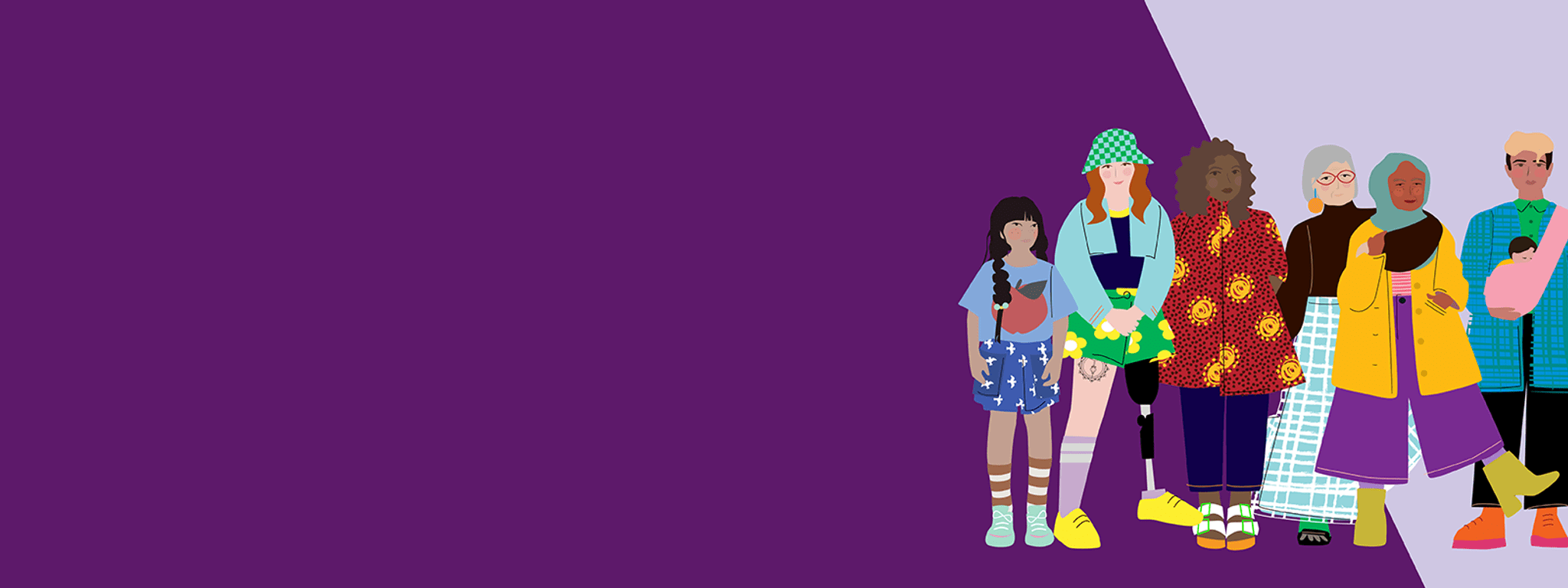Gender inequality underlies family violence and violence against women. This violence continues to be a significant risk to the lives of Victorian women.
Our Watch’s Change the story points to 4 gendered drivers of violence:
- condoning of violence against women
- men’s control of decision-making and limits to women’s independence in public and private life
- rigid gender stereotyping and dominant forms of masculinity
- male peer relations and cultures of masculinity that emphasise aggression, dominance and control. [1]
Many other forms of inequality influence violence against women. These include racism, ableism, ageism, heteronormativity, cissexism, transphobia and class discrimination. Aboriginal women experience disproportionate risks due to the ongoing impacts of colonisation. Rigid gender norms, cisnormativity and heteronormativity are major factors in the abuse and violence experienced by LGBTIQ+ people. This includes both in their families of origin and in society more generally. [2]
Following the Royal Commission into Family Violence in 2016, we announced an ambitious plan: 10 years to rebuild Victoria’s family violence system. Eight years since the Royal Commission, we have achieved all 227 recommendations and have invested more than $3.7 billion to prevent and respond to family violence.
Yet, there is much more work to do to keep people safe, hold people to account and stop violence before it starts. Ending this violence requires generational change, and we remain unwavering in our resolve.
Free from violence: Victoria’s strategy to prevent family violence and all forms of violence against women aligns with and strengthens Our equal state. This includes a range of primary prevention initiatives to end violence before it happens by addressing the attitudes, values and behaviours that condone it. Promoting gender equality is a shared outcome for Our equal state and Free from violence.
Dhelk Dja is the key Aboriginal-led Victorian agreement that commits the signatories to work together and be accountable for ensuring that Aboriginal people, families and communities are stronger, safer, thriving and living free from family violence. Signatories include Aboriginal communities, Aboriginal services and government. The Dhelk Dja Partnership Forum will continue to lead Aboriginal-led prevention as a priority and champion this work with Aboriginal communities.
References
[1] Our Watch, Change the story: a shared framework for the primary prevention of violence against women in Australia, Our Watch, 2021, accessed 12 April 2023. https://www.ourwatch.org.au/change-the-story/
[2] Rainbow Health Australia, Pride in prevention: a guide to primary prevention of family violence experienced by LGBTIQ communities, 2020, accessed 12 April 2023https://rainbowhealthaustralia.org.au/news/launch-pride-in-prevention-evidence-guide
Updated

